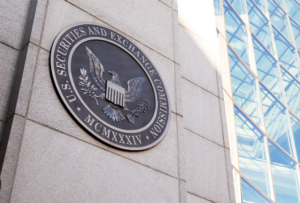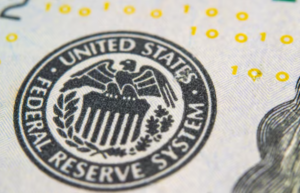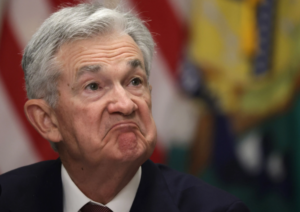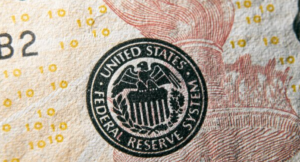$SPX $BTC $DXY
#Inflation #Markets #FederalReserve #InterestRates #Economy #Stocks #Crypto #Investing #Bonds #Macroeconomics #Finance #Money
Inflation is back on the agenda as investors closely monitor economic data and central bank policies to gauge its trajectory. Recent reports indicate that price pressures remain persistent, challenging the Federal Reserve’s efforts to bring inflation down to its 2% target. Consumer Price Index (CPI) data shows inflation fluctuating above expectations, prompting concerns about the possibility of prolonged higher interest rates. Market participants are pricing in adjustments to their portfolios, with volatility emerging across equities, bonds, and cryptocurrencies. The U.S. Dollar Index ($DXY) has strengthened as investors seek safe-haven assets, while risk assets like equities ($SPX) and Bitcoin ($BTC) have displayed mixed movements in response to inflation-related developments.
The Federal Reserve remains at the center of economic discussions, with policymakers debating the appropriate course of action. While core inflation has shown signs of moderating, sticky components such as housing and wages continue to exert upward pressure. The bond market reflects sharp shifts in sentiment, as yields on U.S. Treasuries adjust to the changing expectations around rate cuts. While earlier in the year, markets anticipated multiple cuts in 2024, recent inflation data has led to speculation that higher rates could persist longer than expected. Investors are now adjusting their positions, leading to fluctuations in equities, while the cryptocurrency market remains sensitive to broader macroeconomic trends.
Market sentiment has been further affected by uncertainties in the geopolitical and economic landscape. Global supply chains, energy prices, and fiscal policies continue to play a role in inflation’s trajectory. The stock market has seen a divergence in performance across sectors, with technology and consumer discretionary stocks facing headwinds due to rate concerns, while defensive sectors such as utilities and consumer staples have gained interest. In the crypto market, Bitcoin’s status as a perceived hedge against inflation has led to increased inflows during certain periods, but its volatility remains a concern for institutional investors seeking stability.
Beyond the financial markets, inflation’s impact on the broader constitutional and economic order cannot be ignored. Persistent inflation can erode purchasing power, influence monetary policy decisions, and shape economic sentiment, all of which have implications for governance and financial stability. The Federal Reserve must balance controlling inflation without excessively hindering economic growth, a challenge that requires careful calibration of policy tools. As markets digest economic data and central bank guidance, investors remain focused on interpreting signals that could shape their strategies in the months ahead.







Comments are closed.